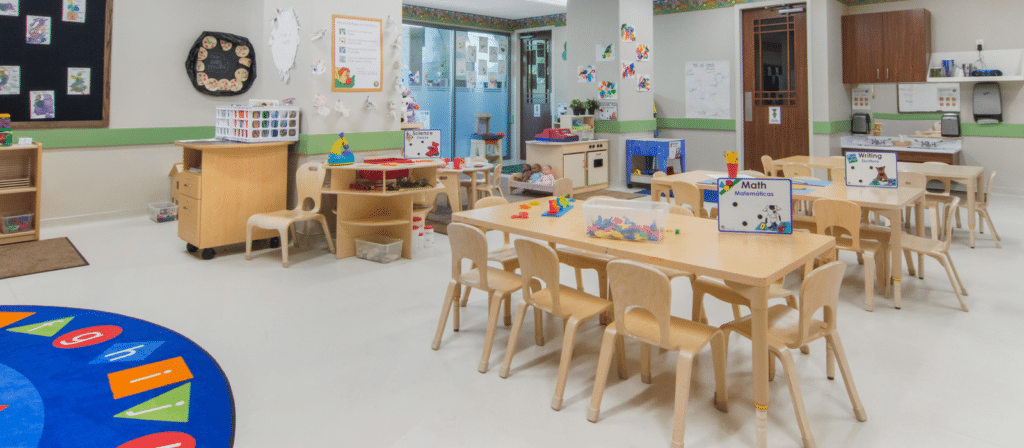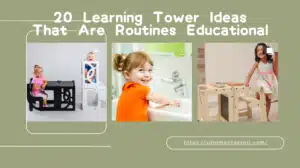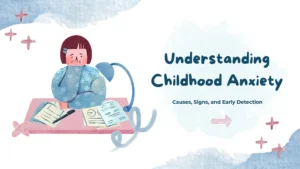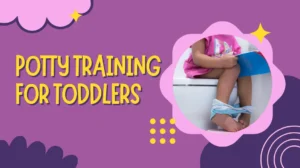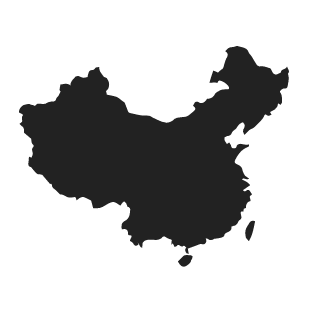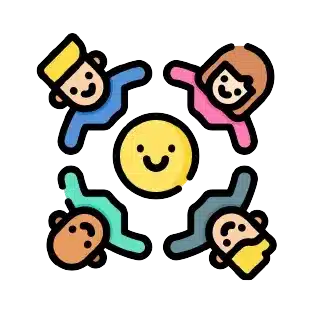Ever wondered how to bring the essence of Montessori into your home? Curious about what a Montessori-inspired environment looks like for your child? Join us as we explore the world of Montessori at home and discover how you can create a nurturing and empowering environment that fosters independence, curiosity, and a love for learning.
From promoting independence and order to incorporating purposeful activities and creating a prepared environment, we’ll guide you on your journey to implementing Montessori principles in your daily routines and surroundings.
What is the Montessori Method?
Before diving into the specifics of Montessori at home, let’s briefly touch on the key principles of the Montessori method. The Montessori approach emphasizes the importance of independence, respect for the child, and following the child’s natural development. It encourages self-directed learning, freedom of movement, and the use of specially designed materials that promote sensory exploration and cognitive development.
Embracing the Montessori Method in Your Everyday Life
Creating a Prepared Environment
One of the fundamental aspects of Montessori at home is creating a prepared environment that supports independent learning and exploration. This means organizing the space in a way that allows your child to easily access materials and engage in activities on their own. Low shelves with open-ended toys, art supplies, and practical life materials such as pouring activities or dressing frames can be set up to encourage independence and foster a sense of ownership over their learning environment.
Incorporating Practical Life Skills
Practical life skills play a significant role in Montessori education. These skills include activities such as pouring, spooning, buttoning, and folding, which help children develop fine motor skills, concentration, and a sense of order. You can incorporate practical life activities into your daily routine at home by involving your child in meal preparation, setting the table, or folding laundry. By giving them meaningful tasks to complete, you are not only fostering independence but also teaching valuable life skills.
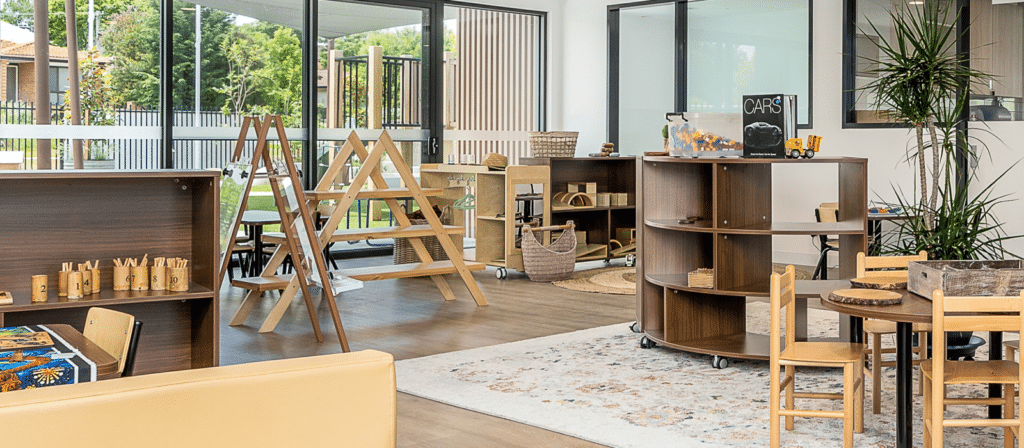
Encouraging Independence
Independence is a core principle of the Montessori method. To promote independence at home, consider creating a child-friendly kitchen area where your little one can easily access snacks, water, and utensils. Provide child-sized furniture, such as a table and chair, where they can work or eat comfortably. Encourage your child to dress themselves by having accessible clothing options and teaching them how to manage buttons, zippers, and shoe laces. By allowing them to do things on their own, you are nurturing their self-confidence and fostering a sense of autonomy.
Following the Child’s Interests
In a Montessori environment, the child’s interests and natural curiosity are valued and respected. By observing your child closely, you can identify their interests and provide materials and activities that align with their current development stage. For instance, if your child shows a keen interest in animals, you can create a nature-themed corner with books, puzzles, and animal figurines. By following their lead, you are creating an environment that supports their natural inclination to learn and explore.
Incorporating Nature and Outdoor Exploration
Montessori education places significant importance on connecting children with nature. Spending time outdoors and engaging in activities that foster a connection with the natural world is an essential aspect of the Montessori approach. Create opportunities for your child to explore nature by going on nature walks, gardening together, or setting up a nature table to display interesting finds from outdoor adventures. By immersing your child in the beauty of the natural world, you are encouraging their sense of wonder and curiosity.
Incorporating Montessori Materials
Montessori materials are carefully designed to promote hands-on learning and independent exploration. These materials are typically made of natural materials, such as wood, and are designed to be self-correcting, allowing the child to learn through trial and error. Some popular Montessori materials include the pink tower, the knobbed cylinders, and the sandpaper letters. You can gradually introduce these materials into your home environment, starting with a few key pieces and adding more as your child progresses.
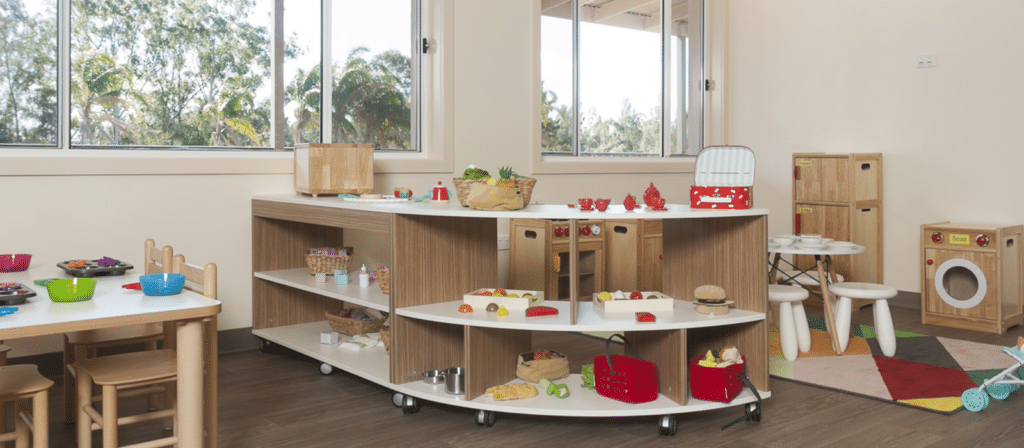
Routines and Order
Consistency and order are essential elements of the Montessori approach. Establishing daily routines and providing a predictable environment can help children feel secure and develop a sense of order. Create a visual schedule that outlines the daily routine and involve your child in setting it up. This can include morning routines, meal times, and bedtime rituals. By following consistent routines, you are providing a sense of structure and stability for your child.
Emphasizing Process Over Product
In Montessori education, the focus is on the process rather than the end result. Encourage your child to engage in activities for the joy of learning and exploring, rather than for the sake of achieving a specific outcome. Allow them to take their time, make mistakes, and learn from them. By emphasizing the process, you are fostering a love for learning and nurturing your child’s intrinsic motivation.
Conclusion
Incorporating Montessori principles into your home environment can provide numerous benefits for your child’s development. By creating a prepared environment, incorporating practical life skills, encouraging independence, following your child’s interests, and incorporating Montessori materials, you are setting the stage for a rich and meaningful learning experience. Remember, Montessori is not just an educational method but a way of life that values the child as an individual and respects their unique journey of growth and development.

